Republic of Moldova: New research establishes baseline salt intake
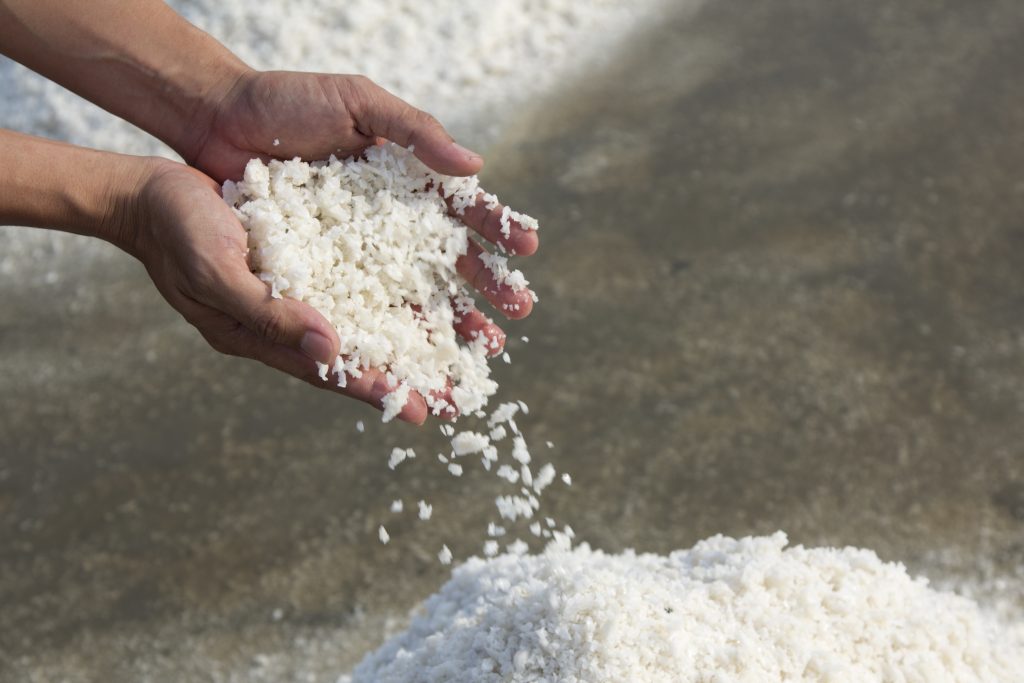
A study was conducted by the WHO in the Republic of Moldova in 2016, aiming to establish baseline levels of population intake of sodium, potassium and iodine, using 24-hour urine tests on a nationally representative sample (n=858; aged 18-69 years). The survey further assessed knowledge, attitudes, practices and behaviours related to salt consumption. Average daily […]
A first STEP for Iran to measure national salt intake
A preliminary indication of national salt intake levels in Iran was gained through the 2016 WHO STEPwise survey conducted on a nationally representative survey, which included collection of spot urine samples (n= 18,624). Rezaei S et al reported on these findings, publishing in the Journal of Hypertension in July 2018. Mean salt intake was 9.52 […]
Protocol for the process evaluation of a complex, state-wide salt reduction intervention
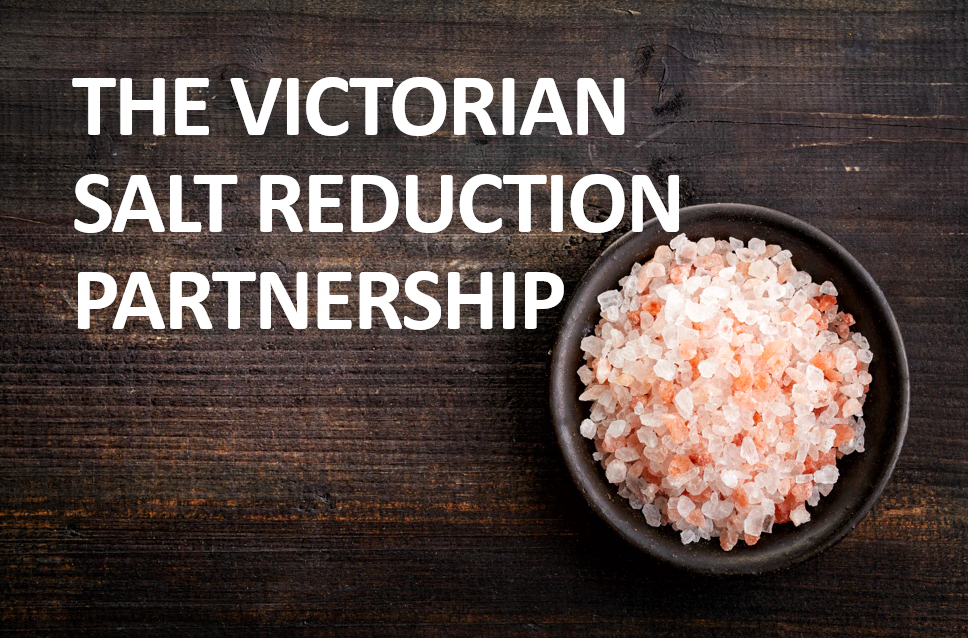
A protocol published by Trieu K et al details the process evaluation of a state-wide salt reduction intervention in Victoria, Australia (awaiting completion in December 2019). The framework to evaluate effectiveness and cost-effectiveness will allow understanding of; ‘does it work?’, ‘how and why it works?’, ‘under what circumstances?’ and ‘at what cost?’. This process allows […]
Evaluation of Samoa’s National Salt Strategy: What interventions can be successfully replicated in lower-income countries?

Trieu K et al conducted a process evaluation of a national salt reduction strategy implemented in Samoa, investigating the reach, dose/adoption, fidelity, cost and context of implemented programs over the course of 18 months. The strategy consisted of awareness campaigns, community mobilization and policy and environmental changes. Data for the process evaluation was routinely collected […]
Cost savings and health gains estimated from achievement of the US Food and Drug Administration voluntary sodium reformulation targets

Pearson-Stuttard J et al recently published a paper in PLoS Medicine estimating the health and economic effects of the proposed US Food and Drug Administration (FDA) voluntary sodium reformulation. The US IMPACT Food Policy Model was used to estimate cost-effectiveness and health impact of three scenarios; 100% compliance with 10-year reformulation targets, 50% compliance with […]
Salt-related knowledge attitudes and behaviours: does gender have an influence?
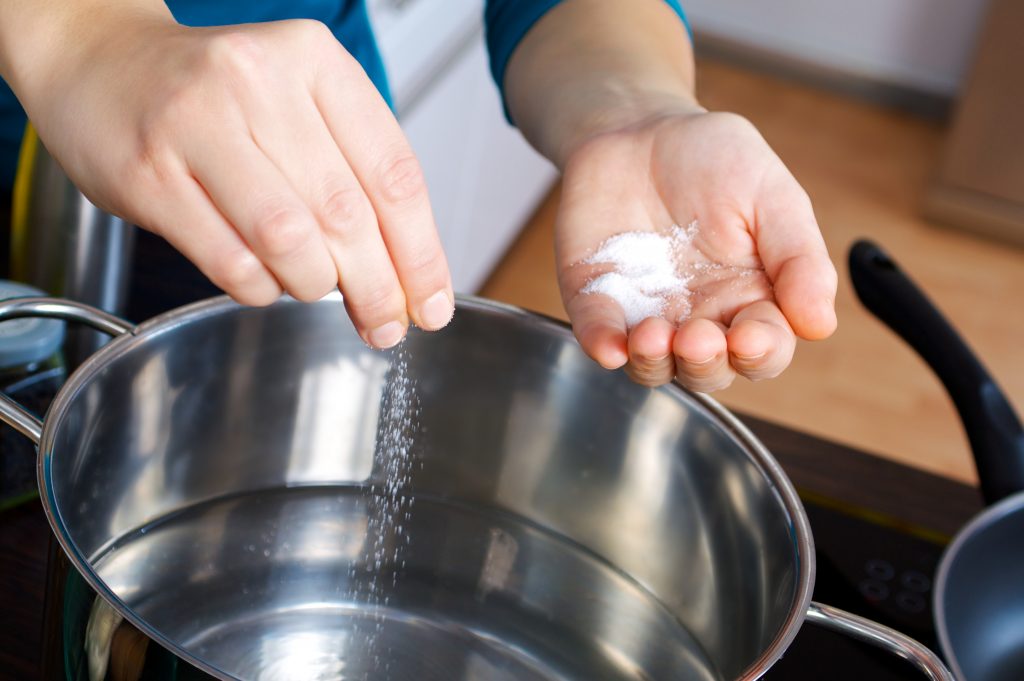
As part of the Science of Salt series, McKenzie B et al have published a thematic review focusing on salt related knowledge, attitudes and behaviours (KAB) in the Journal of Clinical Hypertension. Studies included in the Science of Salt Weekly were assessed from its commencement, June 2013, till August 2017. A range of KAB questionnaires […]
Excessive levels of salt in bread- findings from a global survey

A new survey through the World Action on Salt and Health (WASH), Queen Mary University London, found excessive levels of salt in bread. Bread from 32 countries and regions were included in the survey, with over 2,000 bread products assessed including; white, wholemeal, mixed grain and flat breads. The saltiest bread was a Rosemary Foccacia […]
Assessment of South Africa’s mandatory salt reduction policy: meeting salt targets linked with iodine deficiency
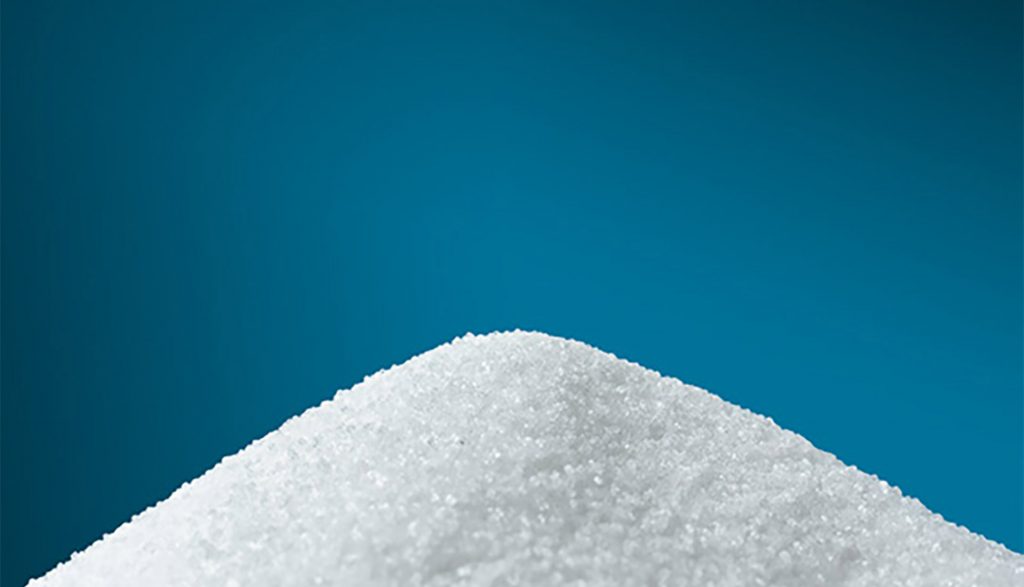
Charlton K et al recently published a study in BMJ Open, examining the impact of the mandatory salt reduction policy in South Africa on iodine status. This study used a nested cohort design within WHO’s 2015 Study on global AGEing and adult health. In total, 875 adults provided 24-hour and spot urine samples. Salt intake, […]
Sodium intakes of US adults exceed recommendations

A study conducted by Cogswell M et al and published by JAMA investigated sodium intake in US adults. Data was used from the National Health and Nutrition Examination Survey, with 827 adults providing 24-hour urine sample in 2014. Mean sodium intake estimated by 24-hour urine was 3608mg/d, 4205mg/d for men and 3039mg/d for women. Results […]
Relationship between Dietary Salt and SBP Independent of other Dietary Factors
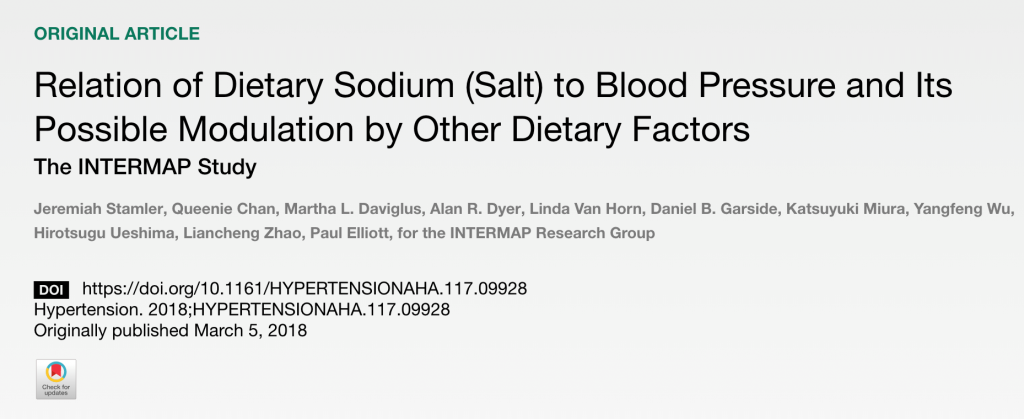
A recent study from the INTERMAP (International Study on Macro/Micro-nutrients and Blood Pressure) Research Group, published in Hypertension, assessed whether the sodium-blood pressure (BP) relationship is modulated by other dietary factors. The INTERMAP study includes 4680 participants aged 40-59 years from Japan, China, United Kingdom and the United States. Dietary data was collected via four […]